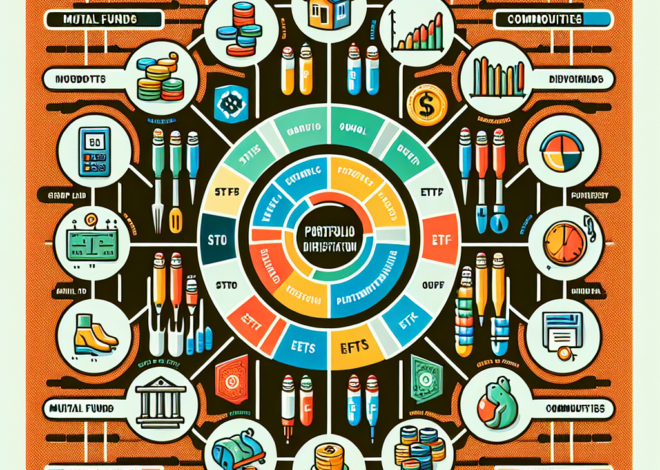
Comparative Analysis of Security Measures in Trading Platforms
Introduction
In the world of financial trading, security is paramount. With the rise of digital trading platforms, ensuring the safety of traders’ investments and personal information has become more critical than ever. This article will delve into the comparison of trading platform security, focusing on the main features that contribute to a secure trading environment.
Comparing Trading Platform Security
When comparing the security of various trading platforms, several key aspects come into play. These include encryption, two-factor authentication, regulatory compliance, and data protection policies.
Encryption
Encryption is the process of encoding information so that only authorized parties can access it. It is a crucial aspect of online security, protecting sensitive data from being intercepted during transmission.
Secure Socket Layer (SSL) Encryption
SSL encryption is a standard security technology for establishing an encrypted link between a web server and a browser. This link ensures that all data passed between the web server and browsers remain private and integral.
Advanced Encryption Standard (AES)
AES is a symmetric encryption algorithm widely regarded as the most secure. It is used by the U.S. government for encrypting classified information. Trading platforms that use AES provide a high level of security.
Two-Factor Authentication (2FA)
Two-factor authentication is a security process in which users provide two different authentication factors to verify themselves. This process is designed to provide an extra layer of security, reducing the risk of fraudulent activity.
Types of 2FA
Common types of 2FA include something you know (a password or PIN), something you have (a smart card or mobile device), and something you are (biometrics, like fingerprints or voice recognition).
Regulatory Compliance
Regulatory compliance is another critical aspect of trading platform security. It refers to how well a platform adheres to the rules set by regulatory bodies.
Financial Industry Regulatory Authority (FINRA)
FINRA is a non-governmental organization that regulates member brokerage firms and exchange markets in the U.S. Trading platforms compliant with FINRA regulations provide a secure trading environment.
Securities and Exchange Commission (SEC)
The SEC is a government commission created by Congress to regulate the securities markets and protect investors. Platforms that adhere to SEC regulations are considered secure and trustworthy.
Data Protection Policies
Data protection policies refer to the rules a trading platform follows when handling users’ personal and financial information. These policies should be transparent and comply with international standards.
General Data Protection Regulation (GDPR)
GDPR is a regulation in EU law on data protection and privacy. Trading platforms that comply with GDPR have robust data protection policies, ensuring the security of users’ information.
Conclusion
In conclusion, when comparing the security of trading platforms, consider the encryption methods used, whether the platform uses two-factor authentication, its regulatory compliance, and its data protection policies. By considering these factors, you can ensure that the platform you choose provides a secure environment for your trading activities.


